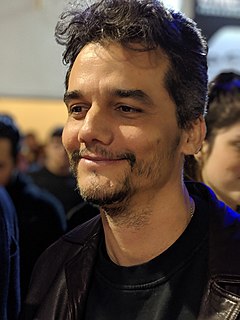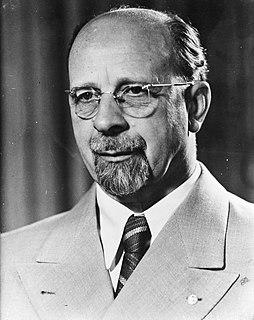A Quote by Bill Kaulitz
For me, it was pretty hard to go into the studio and sing English for the first time, because I always sung in German, and we've been making music for seven years and it's always been in German.
Related Quotes
The biggest issue for me has been the language because I speak so much German now. I've had to focus on my English and find more words to describe what I want to say and also soften my tone. It was quite stiff from 20 years of speaking German, so when I started speaking more English, oh my god, my tongue was like: 'Argh'!
In the late '70s I was asked to sing for the first time in Germany. I'll never forget it. It was at a festival in Bremen. The German audience went berserk and the reviews were a phenomenon. For some reason the German audience understood how technically challenging this music was; it wasn't just someone yelling their head off.
That Hegelian dialectics should provide a wonderful instrument for always being right, because they permit the interpretations of all defeats as the beginning of victory, is obvious. One of the most beautiful examples of this kind of sophistry occurred after 1933 when the German Communists for nearly two years refused to recognize that Hitler's victory had been a defeat for the German Communist Party.
I work in Hebrew. Hebrew is deeply inspired by other languages. Not now, for the last three thousand years, Hebrew has been penetrated and fertilized by ancient Semitic languages - by Aramaic, by Greek, by Latin, by Arabic, by Yiddish, by Latino, by German, by Russian, by English, I could go on and on. It's very much like English. The English language took in many many fertilizations, many many genes, from other languages, from foreign languages - Latin, French, Nordic languages, German, Scandinavian languages. Every language has influences and is an influence.
My father read Günter Grass. He introduced me to German literature. I believe the first book I read by a German author was from Grass. After that, Thomas Mann accompanied me for a few years during my literature studies. I tried again and again to read the original German text, but I never really succeeded.
People around me are always an inspiration due to their love of the music and they help me to generate ideas for music. But it's really the passion and drive I have for my music that keeps me connected. I recorded my first song in the studio at 8 years old and I've taken it seriously since then. Making music is fun to me so I aim to translate those feelings into the music.


































